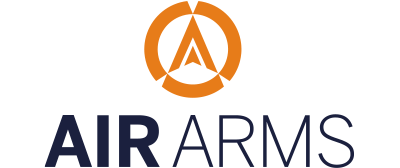
What are the Benefits of Air Guns Over Firearms?16 August 2024 | Air Arms
Air guns have been gaining popularity over the years for various recreational and sporting activities - from pest control and small game hunting to target shooting and recreational sport shooting. But why choose these types of guns over more traditional firearms? In this article, we will examine the benefits of using air guns over traditional firearms and cover crucial aspects so that you can clearly understand when and why an air gun might be the better option for you. Understanding Air Guns and FirearmsUnderstanding the intricacies of air guns and firearms is essential for anyone interested in shooting sports, pest control and hunting. While both types of guns share similarities, they differ significantly regarding mechanisms, uses, legal regulations, safety considerations, and benefits or drawbacks. 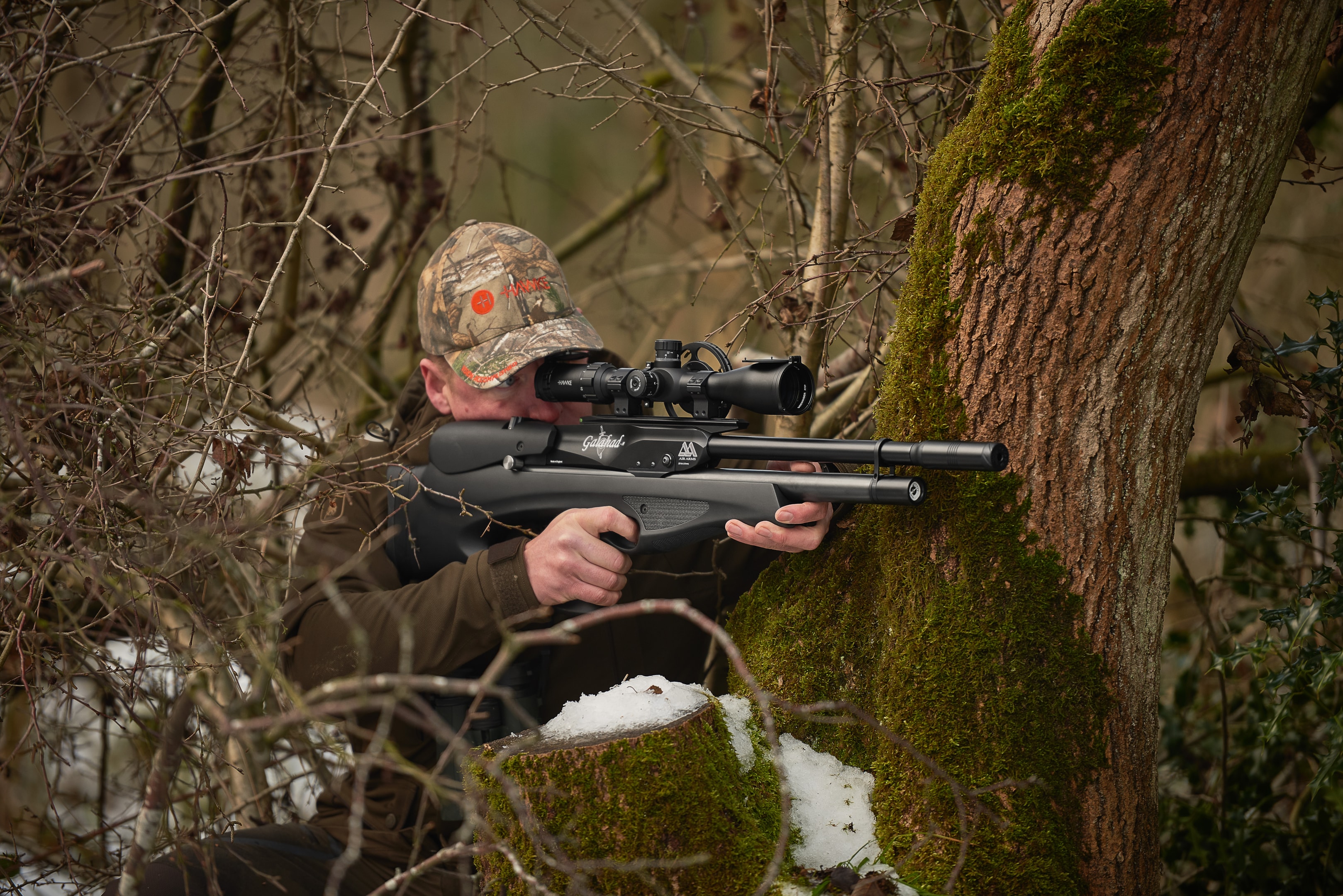 What is an air gun?It's good that you have an overall understanding of each type so you can properly compare the two. An air gun uses compressed air or gas to propel projectiles (pellets), rather than relying on the explosive force of gunpowder like traditional firearms. Air guns come in various forms, including rifles and pistols and are used for a range of activities such as target shooting, pest control, and small game hunting. Let's take a look at the main types of air guns that are available. Types of Air GunsPellet Guns are the most common type of air gun, using lead or alloy pellets as ammunition. They are known for their accuracy and are widely used in competitive shooting. Pellet guns come in various forms, including rifles and pistols, and are used for various activities such as target shooting, pest control, and small game hunting. The types of Pellet guns available are:
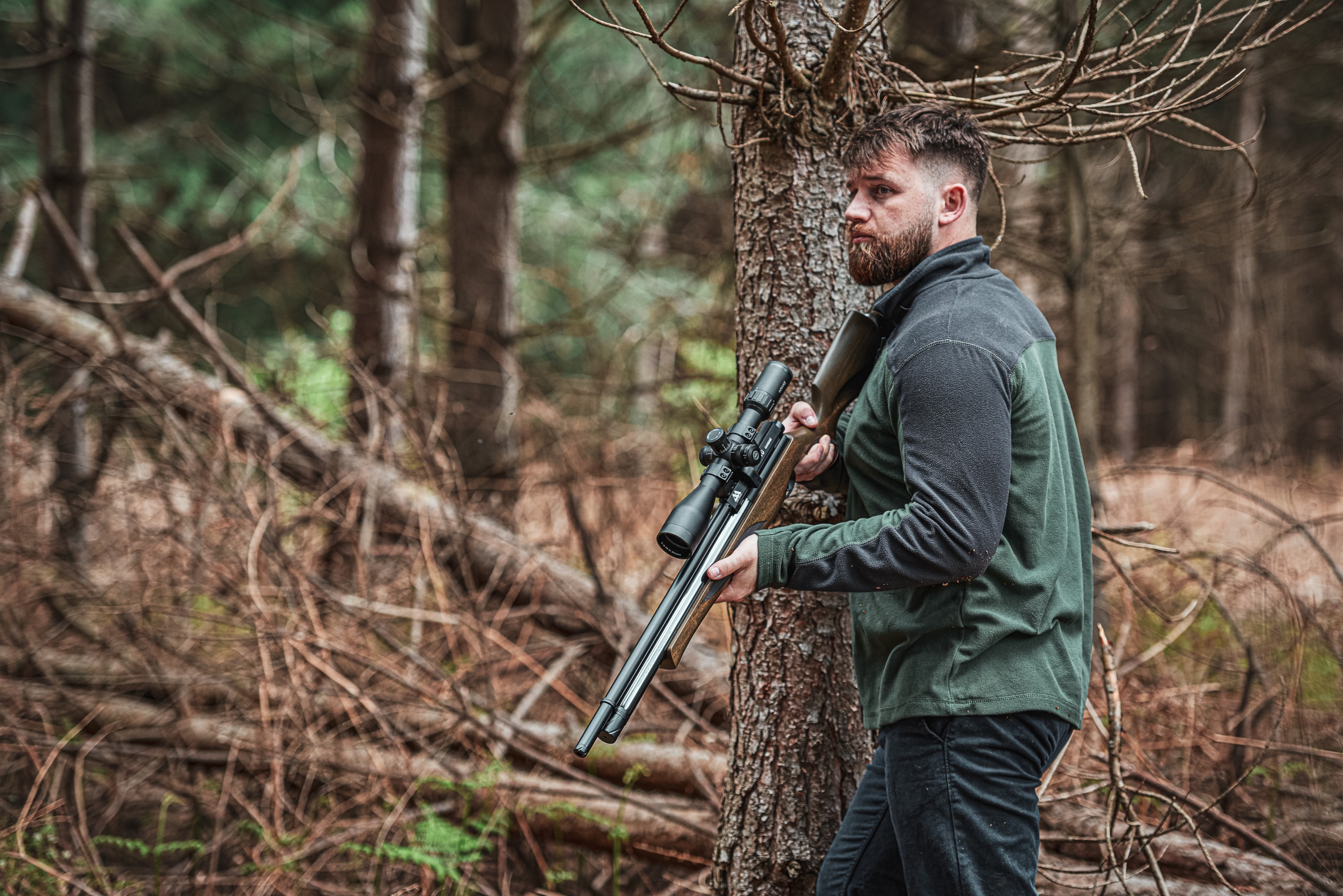 What is a firearm?A firearm is a weapon that uses the explosive force of gunpowder or another fuel to launch a projectile, such as a bullet, at high velocity. In the UK, firearms are subject to strict regulations and controls. The types of firearms that are legally available to civilians are limited, and ownership requires obtaining the appropriate licenses and adhering to stringent storage and usage guidelines. Types of Firearms available in the UK
Why choose an air gun?It may seem like a straightforward answer when noting that air guns are much more obtainable in the UK over firearms - but there are many benefits to these guns that you may not realise. Let's look at the benefits of air guns and why they make an excellent choice for your shooting endeavours. 1) Licensing and Legal RestrictionsAs briefly mentioned, air guns are subject to fewer legal restrictions compared to firearms - making them more accessible to a broader audience. Typically, a licence to use and own an air rifle is determined by the power of the gun. Air rifles that fire pellets at power under 12 ft/lb do not require a firearms licence because they are not considered lethal enough weapons in the eyes of the law. With supervision, children from the age of 14 are allowed to use an air rifle in England and Wales - meaning that this type of gun is far more accessible and age-friendly. However, the shooter must have a firearms licence if the power is above 12 ft/lb. If this is applicable, the process is relatively easy and involves:
If you want to learn more about how to obtain a firearms licence and what requirements need to be met, please check out our article: Do you need a licence for an air rifle? 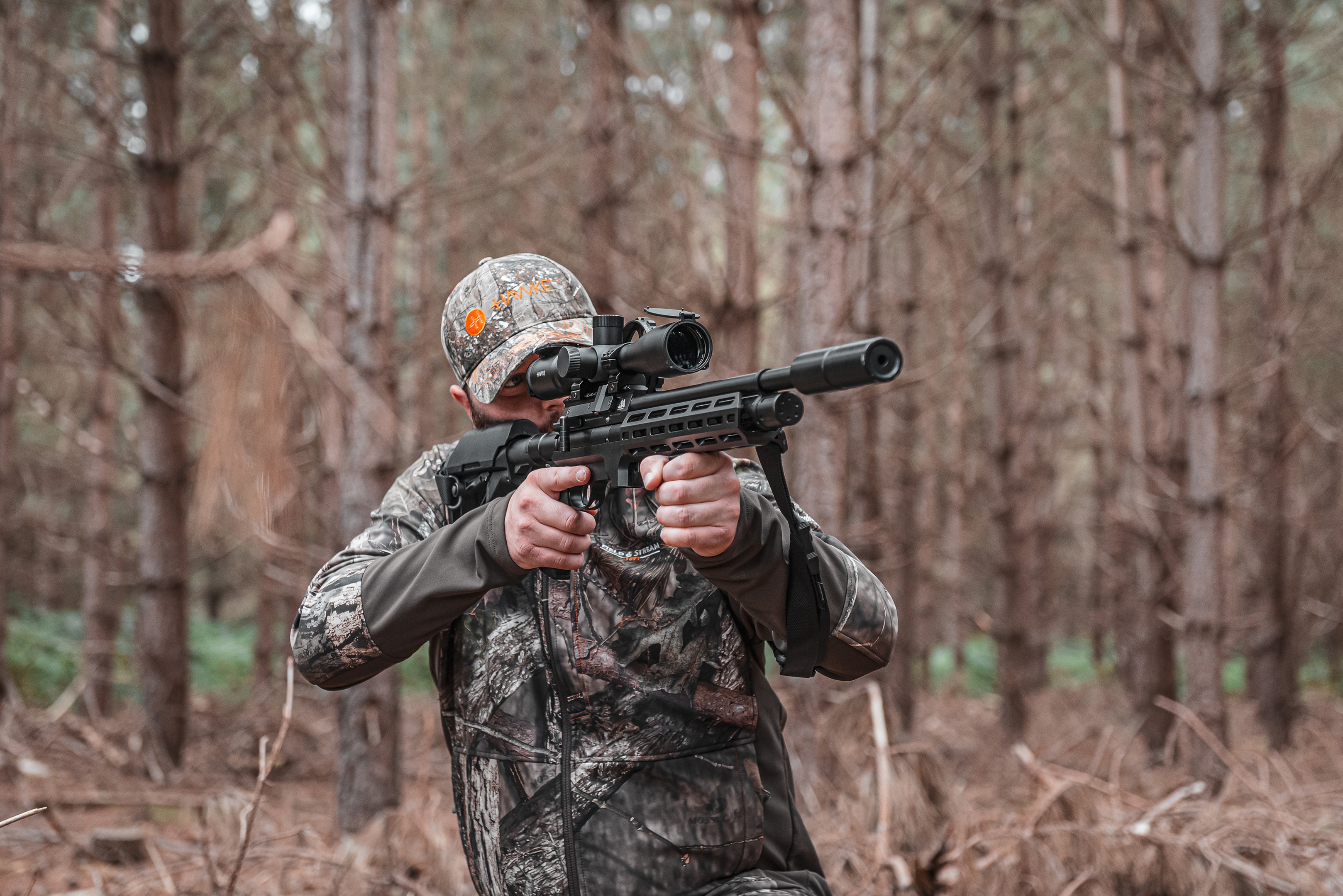 FirearmsDue to their potential lethality, firearms are heavily regulated. Not only are the types of firearms available limited, but the Government imposes strict controls to ensure public safety, including comprehensive background checks and other legal hurdles. The types of firearms available to use are limited in the UK, so legally obtaining one might not be beneficial for most people. So, while it is possible to obtain a firearm in the UK, the process is highly regulated and requires meeting strict legal requirements. Like air guns, applicants must undergo background checks, provide character references, demonstrate a good reason for ownership, and ensure secure firearm storage. Compliance with these regulations is essential to ensure public safety and maintain the privilege of firearm ownership. More Choice, Safer PracticeWith fewer legal restrictions, an air gun's significant advantage is the relative ease of acquisition and use. Not only are they safe for children to use with supervision and guidance but they are typically a more accessible option—both for those who can use them and those who can afford them. 2) VersatilityAs air guns are generally easier to obtain, with minimal legal restrictions and no need for extensive background checks or licensing processes, they are the go-to option for most shooters. Air guns suit indoor and outdoor shooting activities because their quieter operation and lower power make them ideal for confined spaces like indoor ranges or backyards. Let's look at what kind of use they have and where you can use these guns. Use of Air Guns
Air guns offer remarkable versatility. Their adaptability for target shooting, small game hunting, pest control, and training makes them a practical and valuable tool for various shooters—especially when firearms are typically prohibited. 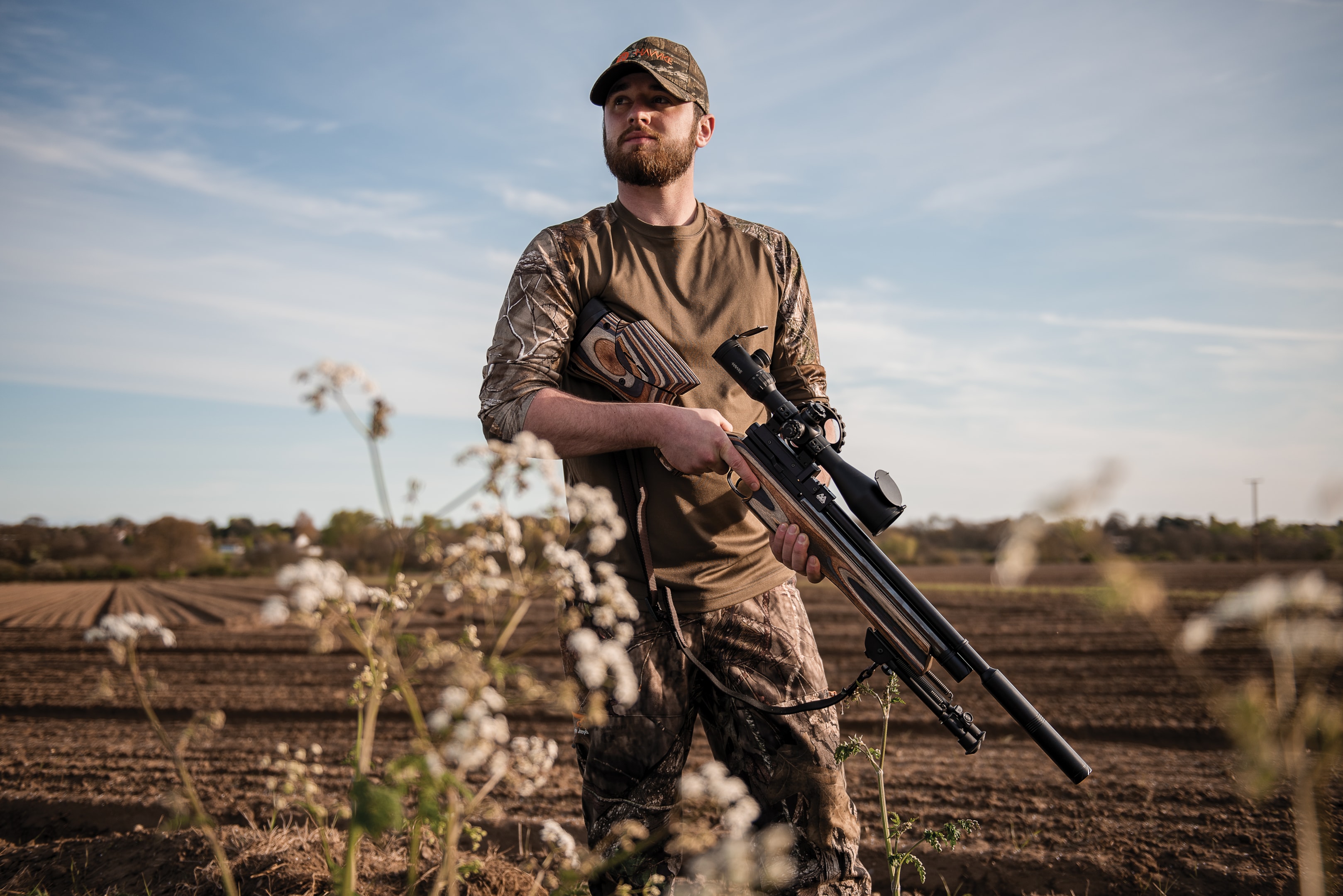 3) Cost-EffectiveCompared to the available firearms, Air Guns can be a cost-effective solution for your shooting needs. Entry-level models often start from around £50 to £100, whereas more advanced models (including precision air rifles) typically range from £200 to £1,000, depending on the brand and features. - This cost can be even lower if purchasing second-hand. Firearms are generally more expensive in the UK due to stricter regulations and limited availability. Handguns are largely prohibited, but rifles and shotguns usually start at around £300 to £600 for basic models and can exceed £2,000 for high-end options. Ammunition CostsAir gun pellets and BBs are relatively cheap. A tin of 500 pellets commonly costs between £5 and £15, which equates to approximately £0.01 to £0.03 per shot. CO2 cartridges, used by some air guns, add an extra cost but remain affordable, generally around £10 for a pack of five. Firearm ammunition is significantly more expensive. For instance, a box of 50 rounds of .22 LR ammunition costs about £5 to £10 (£0.10 to £0.20 per shot), while 9mm ammunition can range from £15 to £30 per box of 50 (£0.30 to £0.60 per shot). Larger calibres and specialised ammunition can be even more costly, reaching over £1 per shot. 4) Upkeep and MaintenanceAir guns generally have more straightforward maintenance routines than firearms. Essential maintenance typically involves cleaning the barrel and lubricating moving parts, which many air gun owners can handle (as these tasks do not require specialised tools or extensive knowledge). Required maintenance of an air gun
On the other hand...Firearms require more detailed and frequent maintenance to ensure safety and functionality. Proper maintenance includes thorough cleaning, lubrication, and regular inspections. The complexity arises from their mechanical and often high-powered nature.
Long-Term ReliabilityWith proper care, airguns can remain functional and reliable for many years. Their simpler designs often mean that there are fewer components that can wear out or fail. Unlike firearms (which use gunpowder and produce combustion residue), air guns use compressed air or gas to propel pellets. This means there is no gunpowder residue to clean, reducing the need for frequent and thorough cleaning. So, while air guns and firearms need to be maintained properly, the requirements of air gun maintenance are far lower and more cost-effective than a firearm. 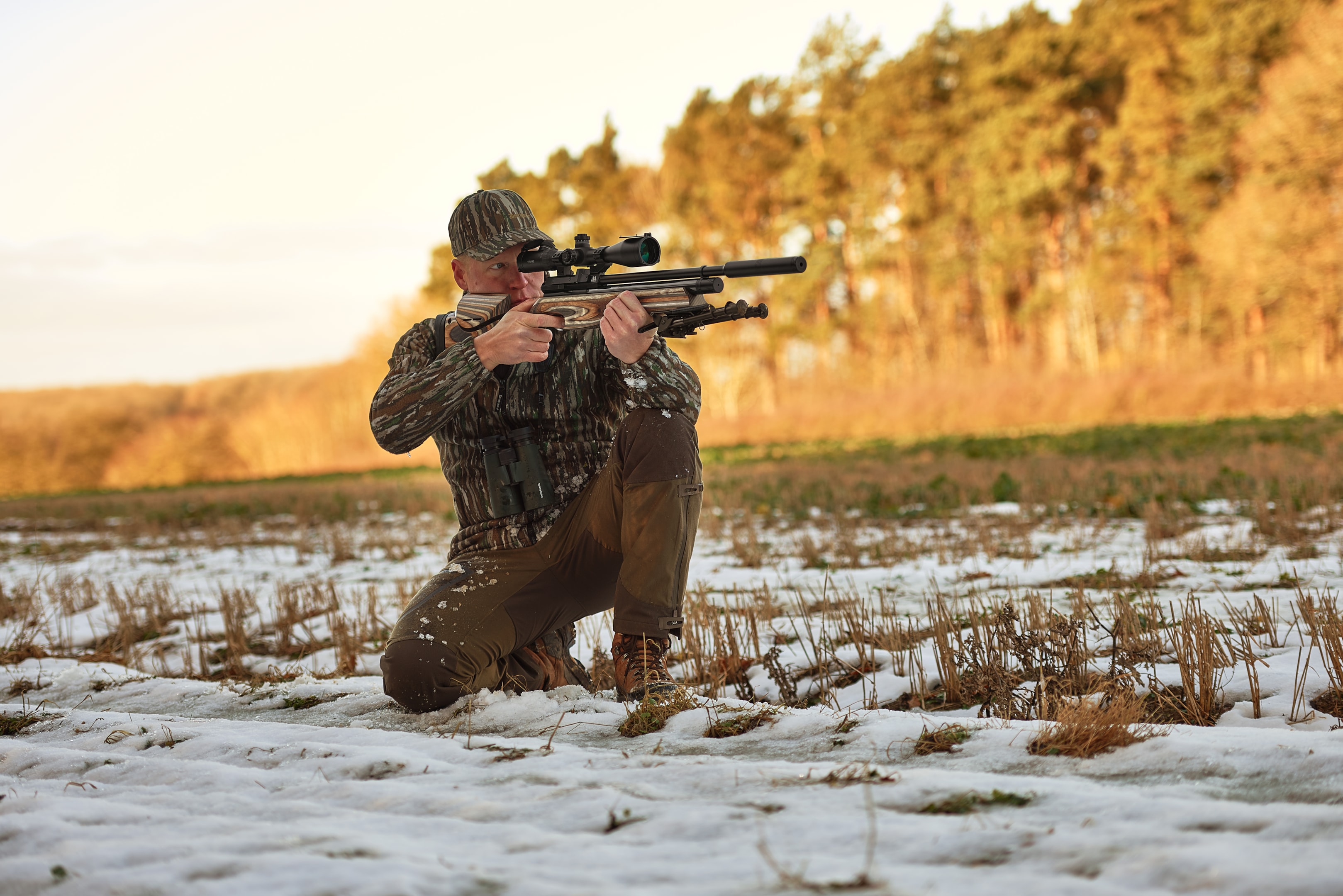 What about Performance?A considerable benefit of air guns is that they excel in precision and accuracy - particularly at short to medium ranges (typically up to 50 metres). Their design lets you practise marksmanship and hone your skills with minimal recoil and noise. High-quality air rifles, especially pre-charged pneumatic (PCP) models, can achieve remarkable precision. They are often used in competitive shooting sports where accuracy is paramount.
Air guns offer consistent performance with minimal recoil, which contributes to high precision and accuracy.While Firearms are designed for high power and long-range capabilities, recoil management is more critical, and with the restrictions of shooting laws in the UK, firearms aren't typically the best option. High Power Air GunsIf you're looking for an air gun that has a powerful shot you also have the option of choosing a FAC air gun (air guns that carry a larger ft lb of air and velocity) which are great for small game hunting and pest control.
Advantages of these high-calibre airguns include their ability to handle a wider range of targets with greater efficacy, reduced likelihood of needing multiple shots, and a generally quieter operation compared to traditional firearms - which can be an important consideration in residential or populated areas. Safety and RisksWhen comparing the safety of air guns and firearms, the risk level is a significant factor. Air guns generally pose a lower risk of severe injury or fatality compared to firearms, but they can still cause serious harm if not handled properly. Firearms, on the other hand, pose a higher risk due to their greater power and potential for lethal injury. Training and education is crucialBasic safety training is recommended for air gun users, especially beginners and younger individuals. Comprehensive safety training is essential for firearms, and many jurisdictions require it as part of the licensing process. So, while generally safer, air guns also come with risks. While knowing that an air gun holds fewer risks can give you peace of mind, proper education, supervision, and adherence to safety guidelines can mitigate potential accidents. It is essential to understand your gun's appropriate laws and safety features so you can practice responsible ownership and safe handling practices to ensure your own safety and that of those around you. 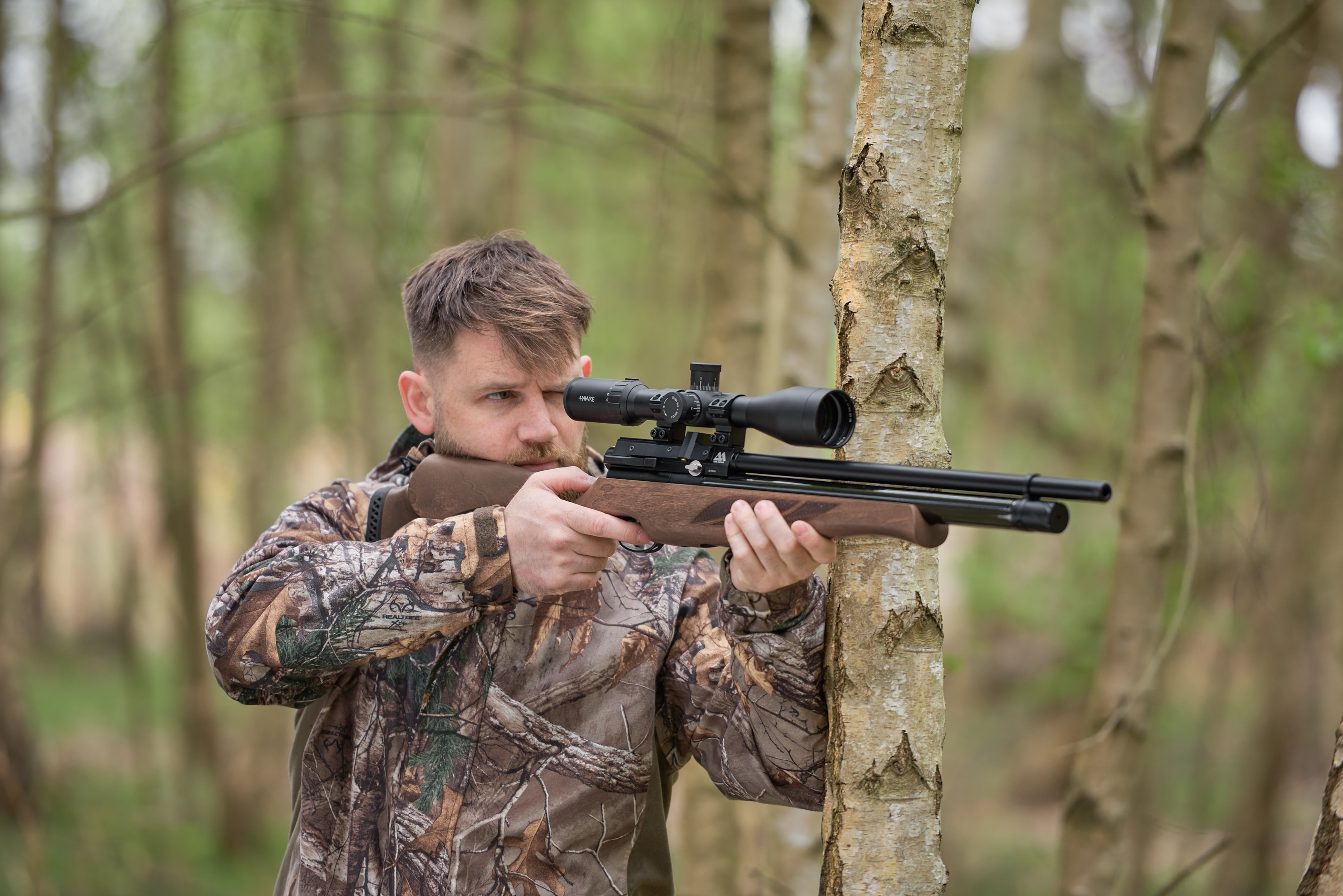 Final thoughtsDue to their range of options, safety considerations, and accessibility, air guns are almost the perfect choice for both new and experienced shooters across the UK. The benefits of air guns are hard to ignore, especially when compared with firearms.
With these benefits, air guns are an easy choice for shooters in the UK - and it just goes to show why they are so popular amongst new, experienced and advanced shooters. If you would like to learn more about air rifles or have any questions about the law, please contact us today. A team member will get back to you as soon as possible. |
|